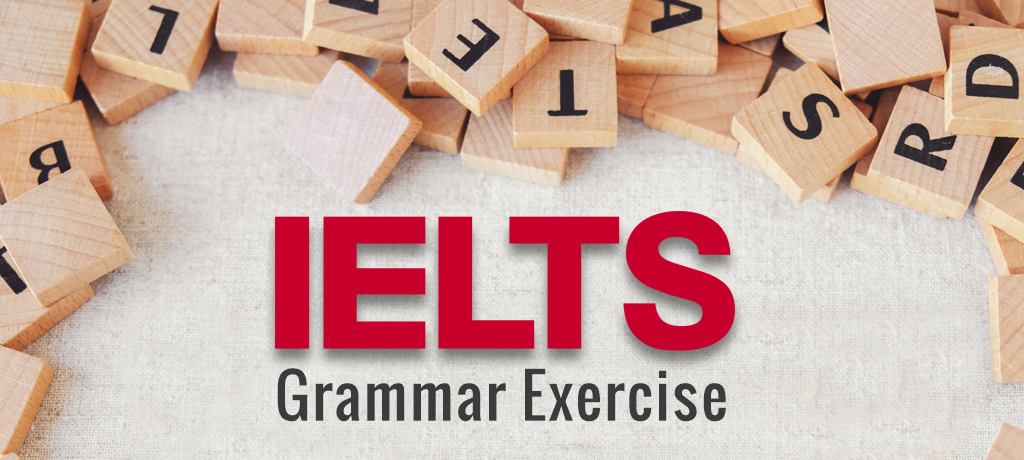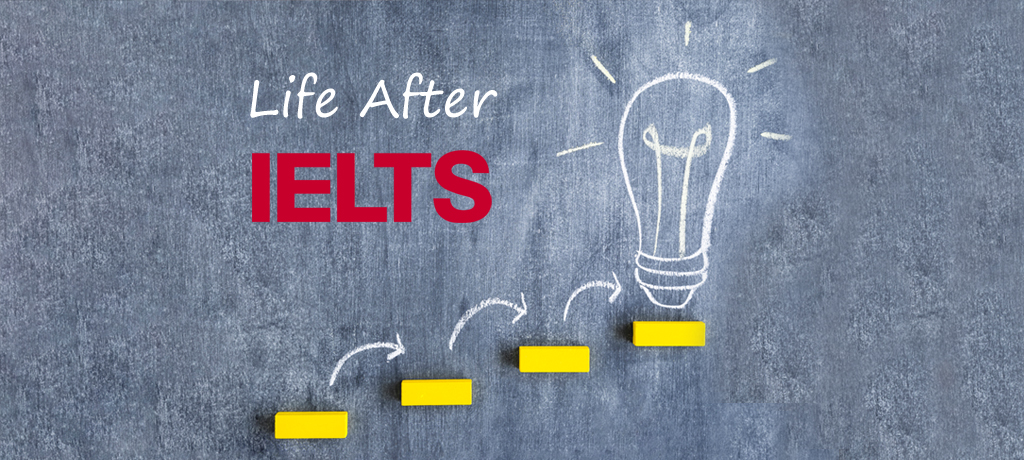Prepositions after adjectives and nouns
- a My brother is good at sport but he is very bad at English.
b My brother is good in sport but he is very bad in English. - a The percentage in women attending university in increasing.
b The percentage of women attending university is increasing.
Some adjectives are always followed by a specific preposition.
At. We say you are bad at, good at or surprised at something:
I was surprised at the number of people who came.
About and with. We say you are angry about or pleased about something but angry with or pleased with a person:
I am pleased about your new job. I was really angry with John.
After disappointed we use about or with; after worried we only use about:
She was pretty disappointed with / about her exam results.
I am worried about John. They are worried about the test.
Some nouns are always followed by a specific preposition.
In. We say decrease in, drop in, fall in, increase in, rise in:
Between. To contract two things, we talk about the difference between them:
The main difference between the American and the Canadian accent is in the vowels.
Of. We say: advantage of, disadvantage of, example of, number of, percentage of, use of:
The number of people in my class who smoke is incredible.
2. Correct the mistakes below.
The class look very pleased of their final results.
The class look …………………………………………………
3. Fill in the blanks using a word from this unit and the correct preposition.
1. I’ve never been very ……………………….painting and drawing.
2. The USA’s population is far greater, so there is a big ……………………………the two totals.
3. One …………………………saving money is that you will be able to enjoy your retirement.
4. The most dramatic …………………………..numbers occurred in 1997, with a 30% rise.
5. Peter was very ………………………robotics, so he enjoyed the lecture very much.
6. The …………………………..children with obesity problems is increasing each year.
7. One ……………………………multi-tasking is reading emails while talking on the phone.
8. Fortunately, there was a steady …………………………..the number of roads accidents.
1. Fill in the blanks using the correct form of the verbs in the box.
| bring | borrow | complete | copy | reserve | store | use |
Library Rules
• Students are allowed (1) ………………………….up to six items at a time.
• It is forbidden (2) ……………………………food or drink into the library at any time.
• Students are advised (3) ………………………..valuables in the lockers provided.
• Some library resources are very popular at exam times. We advice (4) ……………………..a copy of any material you will need well in advance.
• Although we do allow students (5) ………………………library materials, we remind all students to pay careful attention to the copyright information posted near the photocopying machines.
• The library allows (6) …………………………on certain computers, however, to ensure access for all students, you are not permitted (7) …………………………….the computers without making a booking at the information desk.
• The library closes at 9:00 pm. We suggest (8) ……………………….any transactions at least 10 minutes before this time.
2. Find the 8 places in the text where you need to add a preposition.
The chart shows the number people moving between the villages in the south and the cities in the north in recent years. The main difference the two sets of figures is that the percentage people living in the south is decreasing steadily, while there has been a rise population figures for the northern cities. The biggest increase population in the northern cities occurred in 2001, and this corresponds with the biggest decrease the number people living in the southern villages. Since 2002, the number inhabitants in both the north and the south has remained steady.

3. Underline the correct word or phrase in these sentences.
1. I was very bad at/in sports when I was at school.
2. Is it possible to make people give up/to give up smoking?
3. I stopped working/to work to listen to the news.
4. I was surprised at/of how calm I felt before the performance.
5. I’ll never forget coming/to come first in the race.
6. I was talking on the phone, but I stopped answering/to answer the door.
7. My teacher was very pleased for/with my exam results.
8. Remember brushing/to brush your teeth every morning and night.
4. A teacher has underlined 14 mistakes in this essay. Correct the mistakes for the student.
Smoking causes many health problems, is a drain on the workforce and is very expensive. Clearly, there are many good reasons (1) to stop people to smoke.
First, we need to ask ourselves whether this is the responsibility of the government. As we can see, this problem has an impact on (2) many areas our life.(3) One important example for this is the economy. If people spend too much money on cigarettes, they will not save as much money for their future. Furthermore, if they become ill, the government will need to take care of them. I believe the government does have a duty to educate people about (4) the disadvantages for smoking and we should all (5) be worried for this problem. However, it is not enough just to (6) advise people to not smoking.
So, what can government do? Some governments have already (7) tried to increase the tax on tobacco, but even though cigarettes are expensive, people still buy them. Governments have also (8) tried finding ways to target cigarettes manufactures without success. In my country, we all (9) allow to smoke in our own homes and (10) people are not permitted smoking in restaurants or bars. I believe this is an effective way to (11) make people to stop smoking or at least to reduce (12) the number cigarettes they smoke.
(13) I suggest all governments to adopt this strategy. In this way we may also (14) prevent more children to take up this unhealthy habit.





